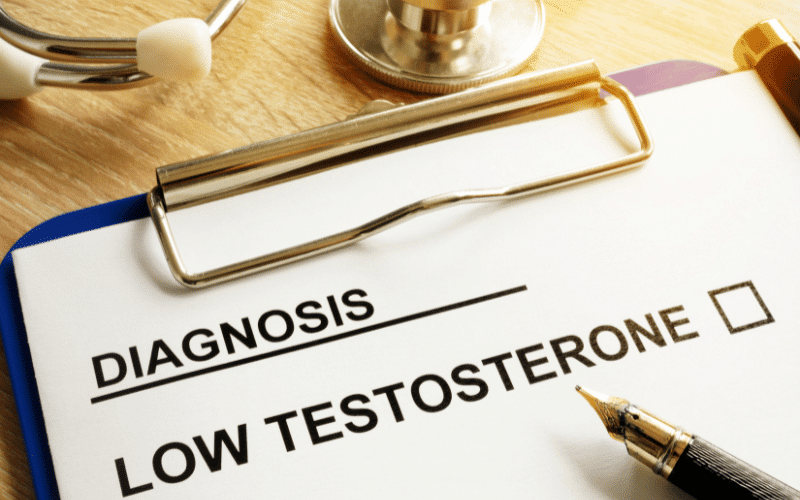Introduction: Understanding Low Testosterone and Its Impact on Your Life
Low testosterone, also known as low T or hypogonadism, is a condition that affects millions of people worldwide. It occurs when the body doesn’t produce enough of the hormone testosterone, which is essential for maintaining various bodily functions such as muscle growth, bone density, and sexual function.
The symptoms of low T can be subtle and often go unnoticed, but they can have a significant impact on your quality of life. In this article, we’ll discuss 15 of the most common low testosterone symptoms, helping you identify if this hormone imbalance might be at the root of your problems.
Before diving into the specific symptoms, it’s essential to understand the role of testosterone in the body. This hormone plays a crucial part in maintaining energy levels, mood, and overall well-being. When testosterone levels drop, it can lead to a variety of health issues, some of which are easy to overlook.
It’s also important to note that testosterone levels naturally decline with age. However, some individuals may experience a more rapid decline, leading to a condition called andropause or male menopause. Recognizing the symptoms of low T early on can help you seek appropriate treatment and regain control of your life.
With that in mind, let’s explore the 15 low testosterone symptoms and how they might be affecting you.

Symptom 1: Decreased Libido: Losing Your Mojo?
One of the most common symptoms of low testosterone is a noticeable decrease in sexual desire or libido. If you’ve found that your interest in intimacy has waned, it might be time to explore the possibility of low T.
When testosterone levels dip, your libido can take a hit as well. This is because testosterone plays a vital role in maintaining your sex drive, and it’s not uncommon for those with low T to experience a lack of sexual interest.
But it’s not just about your sex drive. Low testosterone can also affect your overall mood and energy levels, making it difficult to engage in the intimate moments you once enjoyed. This can strain relationships and leave you feeling frustrated and disconnected from your partner.
It’s essential to keep in mind that a decrease in libido can be caused by various factors, including stress, medication, and other health issues. However, if you notice a persistent lack of desire that doesn’t seem to improve, it may be worth considering low testosterone as a potential cause. (1)